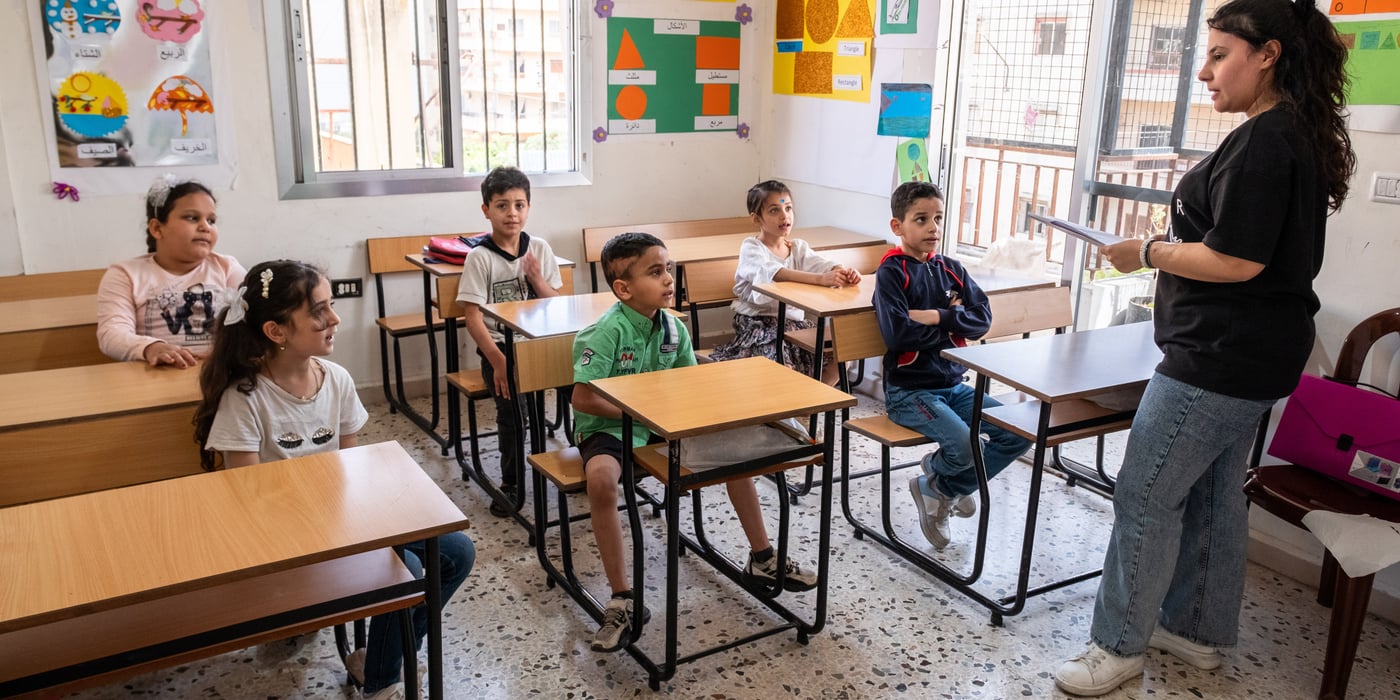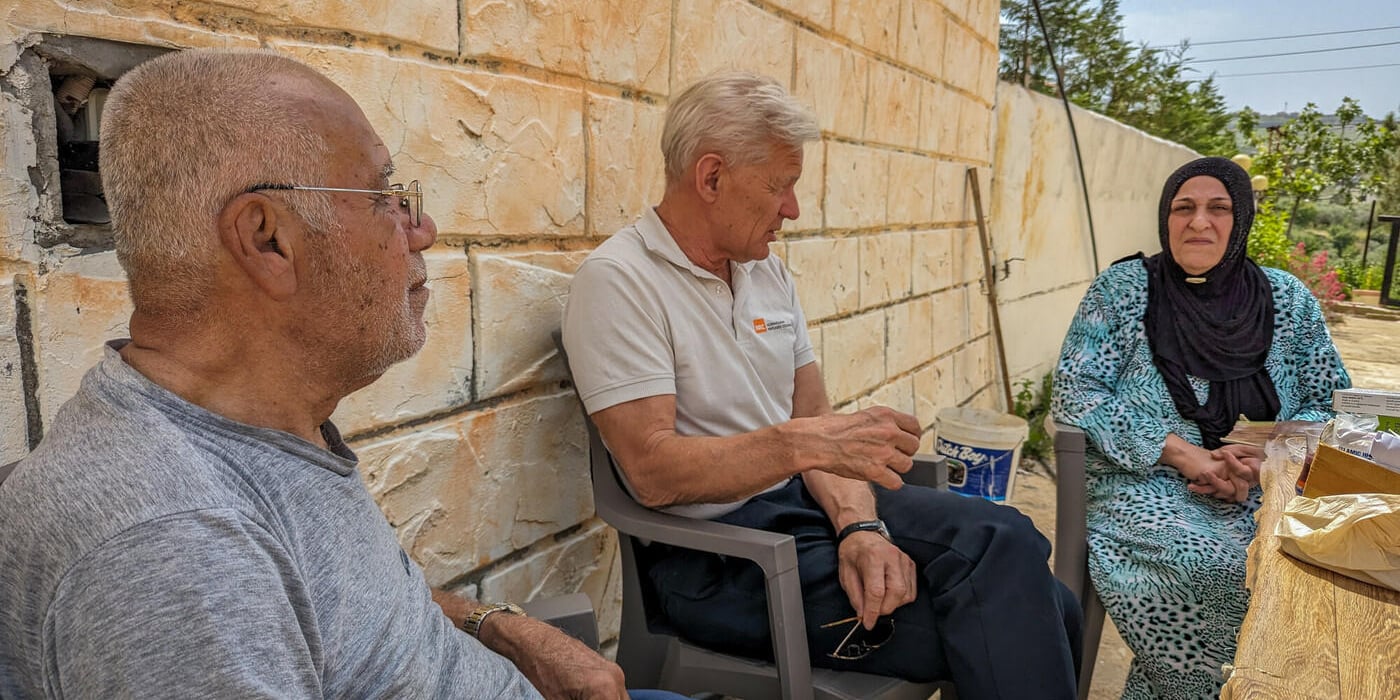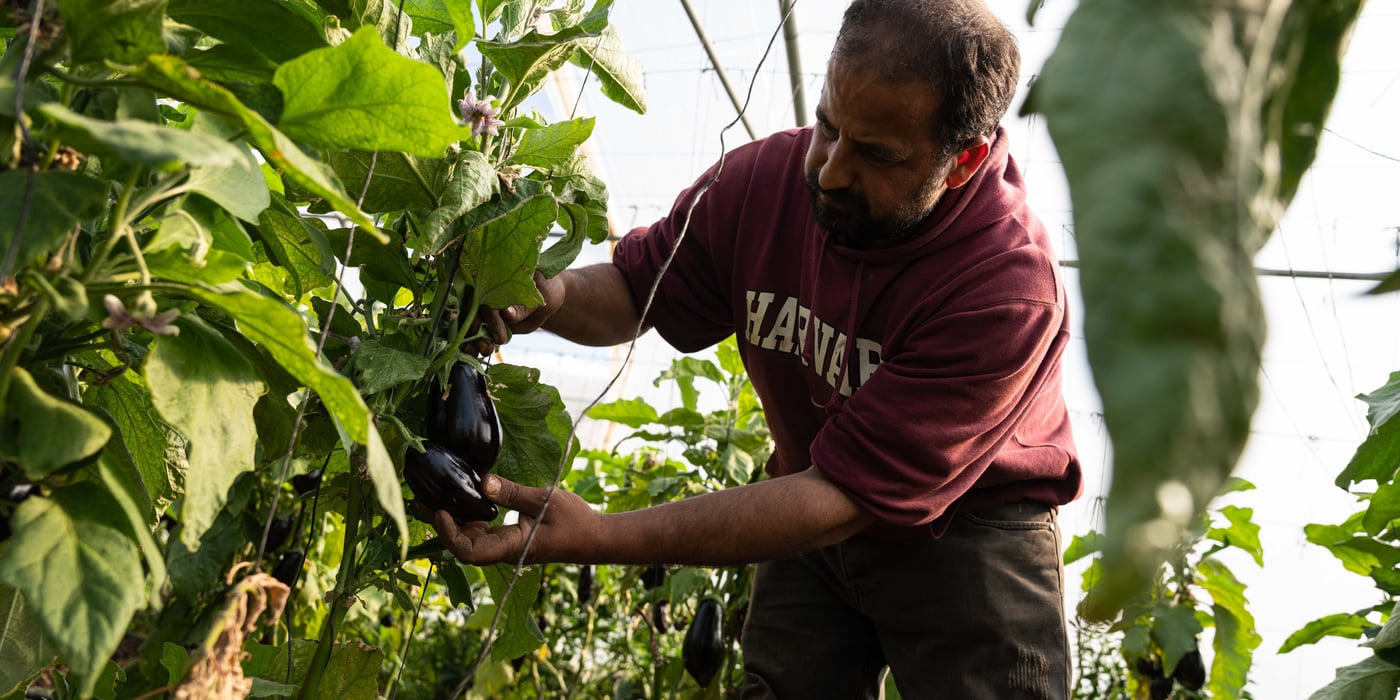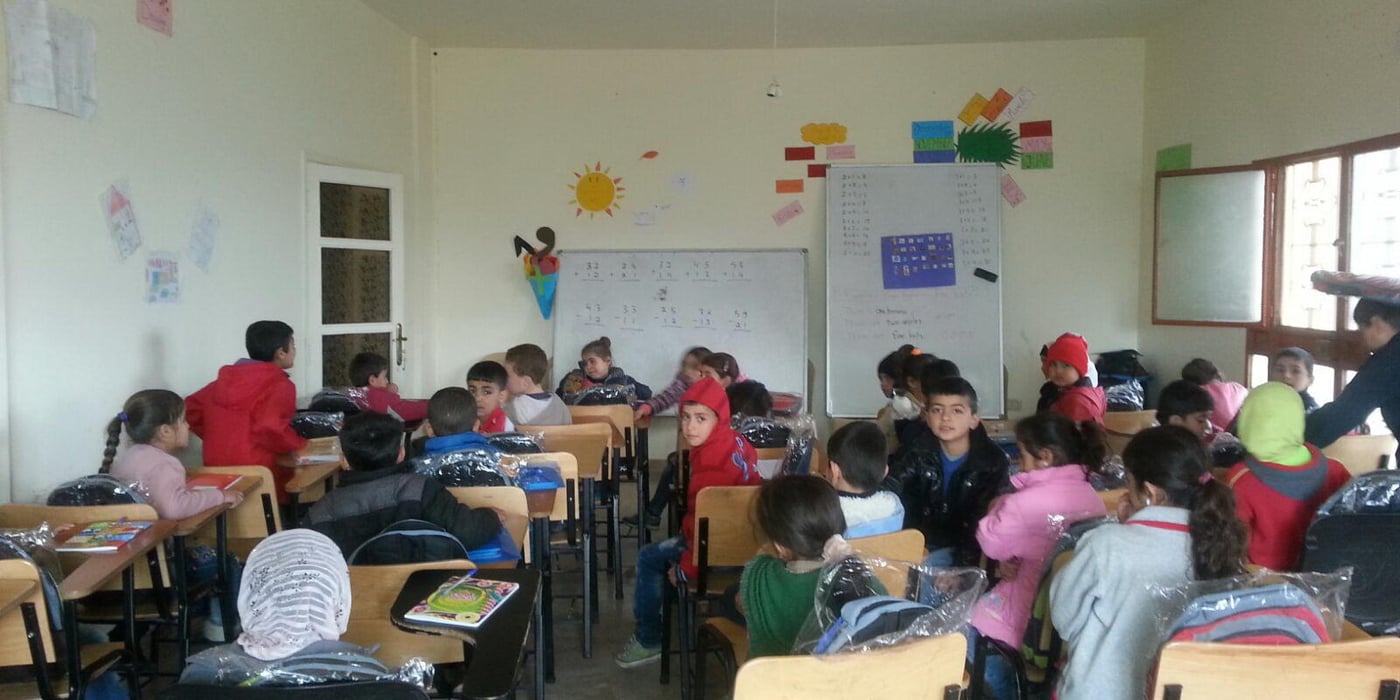
The two brothers Myassar (8) and Ahmad (7) joined the NRC’s learning support project in Bourj al-Shemali in Tyre. The boys were discovered by NRC’s education team while playing in their neighbourhood. They had seen the other children at the learning centre, and were curious about joining. NRC contacted the neighbourhood school, which confirmed that the boys were already registered there. The school principal gave them access to the boys’ results in order for NRC to map their knowledge level.
The boys were offered transport to the learning support course and to their school, to ensure they would arrive safely and in time. During the first weeks of the course, Ahmad and Myassar could often be seen standing outside the centre’s gates, waiting for it to open. Subsequent tests and feedback from the school principal at the end of the school year have shown that Ahmad and Myassar have improved academically.
Enjoying school instead of dropping out
In December 2015, the learning support project was established to help refugee children better integrate into the public school system. The main goal is to help refugee children who are struggling to keep up in class and to enable them to reach their full potential in school. The project gives them the opportunity to benefit from their right to free education and avoid dropping out of school.
“The learning support courses really make a difference for refugee children who are meeting more challenges in the Lebanese school system. They need additional support, especially in English, since the children are not used to studying a foreign language,” said Education Specialist in NRC, Marta Schena.
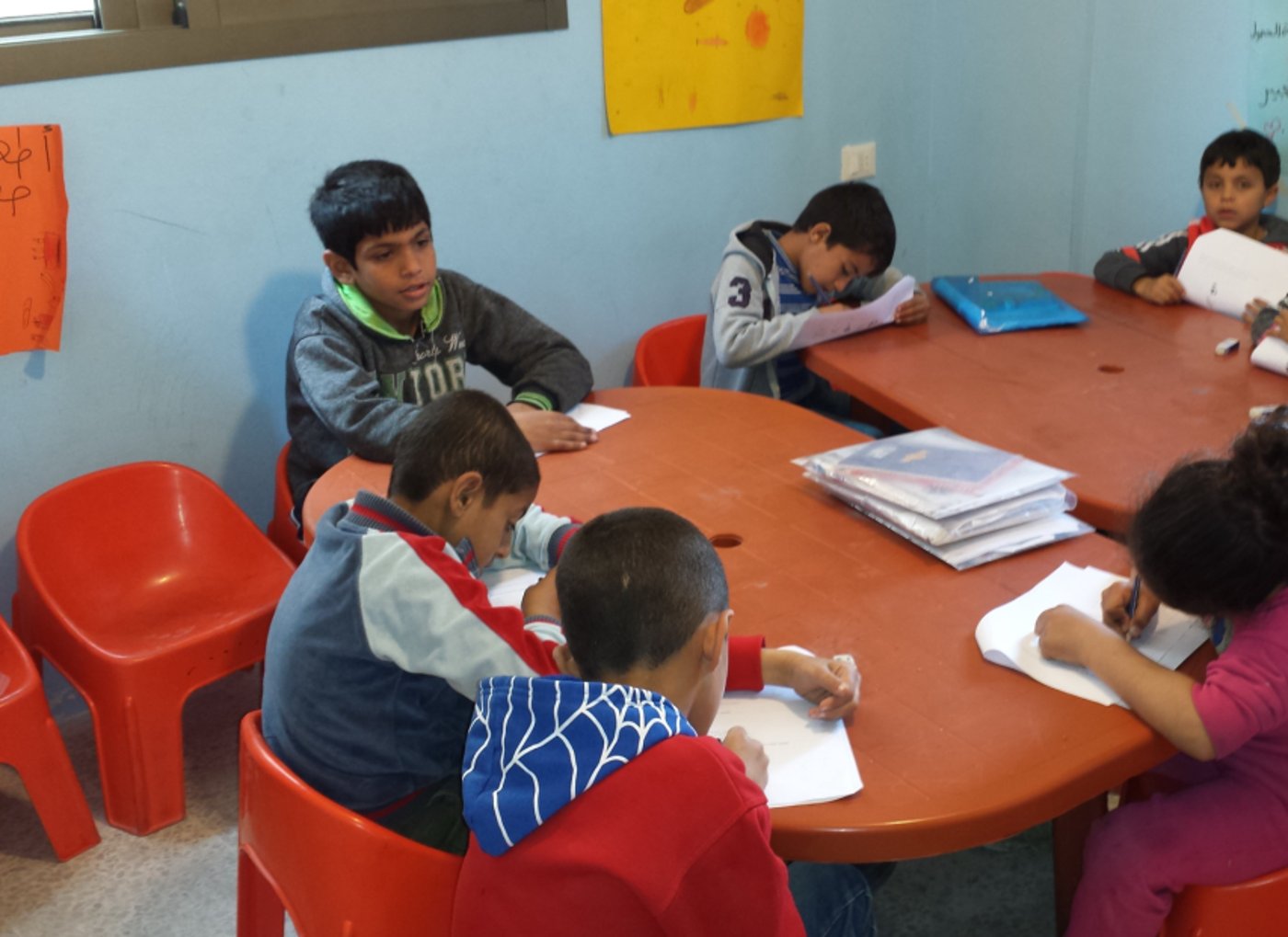
563 children receive support
At the beginning of the project, refugee children were followed up in the public schools by NRC’s education team. To decide which children had the greatest needs for learning support, NRC organised mapping tests based on the Lebanese curriculum. A total of 563 children between 6 and 14 years of age were eventually registered for the project which is active in seven project areas in the cities of Tyre, Saida and Nabatiyeh.
NRC recruited and trained 22 teachers and 10 activity leaders. This group made sure the children on the course became more confident in Arabic, English, and mathematics. All the children were offered transport to the learning centre, and given school material such as pencils and writing books. Parents groups were established in all project areas to inform parents about their children’s progress and keep them involved.
The children are enthusiastic and excited when they arrive at the NRC learning centre. They feel at home here, that they are accepted.Marta Schena, Education Specialist in NRC
Moving on, not falling behind
Lilas (9) – currently in the third grade of a public school in Sheeba – is one of the children who has benefitted greatly from being in the NRC programme. When Lilas first started school, she did very well. But after a few weeks, her mother received a message from the school principal that her daughter was having a hard time keeping up with the rest of her class. She risked not being able to complete third grade. Lilas’ family was in a difficult situation economically, and her mother decided to register her in the NRC learning support programme.
Shortly afterwards, following her participation in the NRC programme, Lilas is now doing well and progressing in all three subjects. She is happy to have completed third grade and looks forward to starting in fourth this autumn.
“The children are enthusiastic and excited when they arrive at the NRC learning centre. They feel at home here, that they are accepted,” says Marta Schena.
The learning support classes are currently running three hours a day, two days a week for three months in all of the seven areas. In March 2016, NRC conducted an evaluation of all children participating in the programme. Initial results were very encouraging, showing that 70 percent of the children had made significant progress in all their subjects.
In this way NRC and the Kavli Trust are making a real difference to these refugee children’s lives, allowing them to continue their primary education with confidence, and despite being forced to flee to a foreign country.


